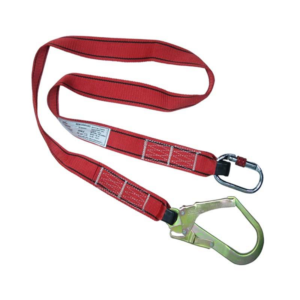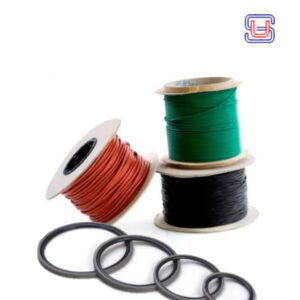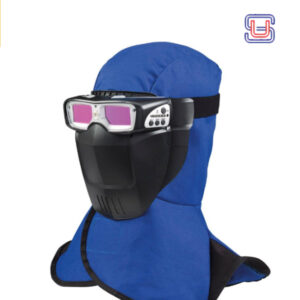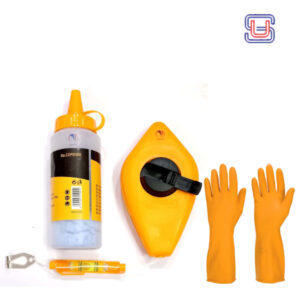Best Weld Dubai” typically offers a comprehensive range of welding products and services tailored to meet diverse industrial and commercial needs in Dubai. Their product lineup often includes:
Welding Equipment: They provide a variety of welding machines and systems suitable for different welding processes such as MIG, TIG, ARC, and spot welding. These machines are designed to meet both small-scale and industrial welding requirements.
Consumables: Best Weld Dubai supplies welding consumables such as electrodes, welding wires, flux-cored wires, and shielding gases. These consumables are essential for maintaining quality welds and ensuring the efficiency of welding operations.
Safety Gear: They offer a comprehensive range of personal protective equipment (PPE) for welders, including welding helmets, gloves, welding jackets, safety goggles, and respiratory protection. Ensuring welder safety is paramount in their product offerings.
Welding Accessories: Their range includes welding accessories like welding torches, tips, nozzles, electrode holders, ground clamps, welding cables, and various tools needed for welding preparation and execution.
Welding Supplies: They provide welding supplies such as welding rods, filler metals, and fluxes, essential for achieving strong and durable welds across different materials and applications.
Maintenance and Repair Services: Best Weld Dubai may also offer maintenance, repair, and calibration services for welding equipment to ensure optimal performance and longevity.
Custom Solutions: They often specialize in providing customized welding solutions tailored to specific industry needs, offering expertise in welding processes, material compatibility, and application requirements.
By offering a comprehensive range of products and services, Best Weld Dubai supports various sectors including construction, manufacturing, automotive, aerospace, and marine industries, ensuring their clients have access to reliable welding solutions for their projects.





